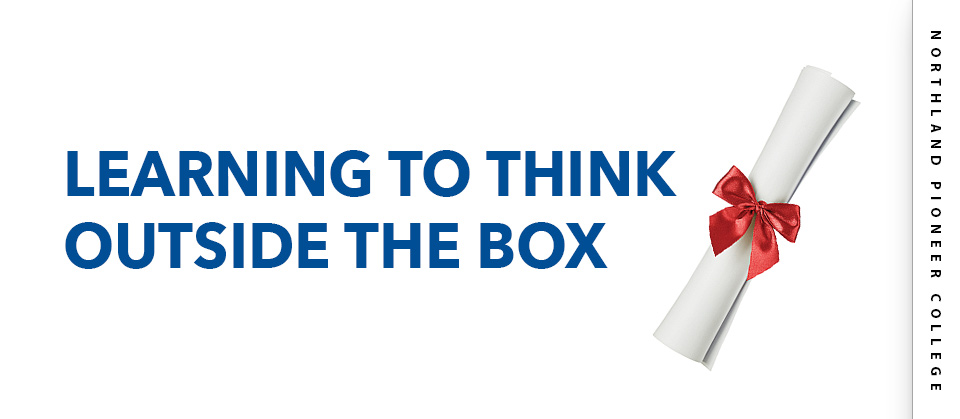 In today’s job market, employers are looking for workers who not only have a specific skill set but also can “think outside the box.” That’s where a broad based liberal arts education comes in. A liberal arts education consists of college studies that provide general knowledge and develop intellectual ability, such as literature; philosophy; mathematics; social and behavioral science; and physical and biological sciences. It is what makes our American educational system different from the rest of the world.
In today’s job market, employers are looking for workers who not only have a specific skill set but also can “think outside the box.” That’s where a broad based liberal arts education comes in. A liberal arts education consists of college studies that provide general knowledge and develop intellectual ability, such as literature; philosophy; mathematics; social and behavioral science; and physical and biological sciences. It is what makes our American educational system different from the rest of the world.
“When I started college, I didn’t know what I wanted to do,” notes NPC English and Humanities professor Ryan Jones. “Taking a wide range of classes in my first year helped me figure that out. I learned about myself as much as I learned about the subjects.”
“A college degree in America is broader than job training,” says Jones. “Americans tend to have an ability to think more broadly and creatively than people with a narrow educational background.” He cites examples from the book “In Defense of a Liberal Education” by Fareed Zakaria, required reading for NPC President’s Scholars last fall. He demonstrates that other parts of the world are changing their collegial educational systems to make them more like ours because our results are better than theirs.
“Job training is important, for sure. It helps people know how to do a job right now,” Jones continued. “But learning to think in different ways prepares people to solve problems we haven’t even thought about yet, and that is very valuable. If nothing else, learning about other people’s perspectives has very practical value in any business that deals with people, which is pretty much every business.”
The Arizona General Education Curriculum (AGEC) contains all of the broad-based liberal arts education courses that make up the core of any bachelor’s degree and most associate degrees. NPC currently offers six degrees that require these courses, including five degrees that are guaranteed to transfer to all three public universities in Arizona. Students who complete these degrees have demonstrated they can think in varied ways and consider multiple perspectives and solutions. They are prepared for the challenges and changes they will face in their future careers.
– Everett Robinson
